Are AI and robots really well on their way to bringing mass unemployment to the American workforce? This torn-from-the-headlines rhetoric reflects an alarming truth: In recent decades, stagnating wages and evaporating opportunities for upward economic mobility have created severe income inequality. Still, according to this detailed and hopeful report from the MIT Task Force on the work of the future, such developments are not the inevitable result of technological advances. If America invests in its people and promotes pro-labor, pro-innovation policies, it can ensure widespread prosperity.
Since the 1980s, wage distributions in the United States have become increasingly polarized.
Emerging technologies always affect human labor and quality of life. In the long run, the changes innovations bring tend to be beneficial to individuals and societies alike; in the near-term, however, labor market adjustments can disrupt workers’ lives and affect their finances profoundly. Recent innovations in Artificial Intelligence (AI), robotics and machine learning are no different. Many workers today fear they will experience few of the benefits and most of the pain from the labor developments underway. Their concerns aren’t without foundation.
The four decades following the end of World War II saw worker earnings rise in tandem with labor productivity; but in the years since, the two measurements have diverged, sharply. Moreover, while those with college and graduate degrees have reaped economic rewards since 1980, those without degrees – particularly, men – saw their real earnings fall 10 to 20 percent between 1980 and 2018. New technologies have enabled highly educated workers to thrive and have by and large left...
David Autor, is Ford Professor of Economics and co-chair of the MIT Task Force; David A. Mindell is Dibner Professor of the History of Engineering and Manufacturing, Professor of Aeronautics and Astronautics, and co-chair of the MIT Task Force; Elisabeth B. Reynolds is Principal Research Scientist and Executive Director of the MIT Task Force.









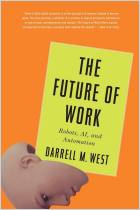
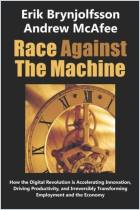
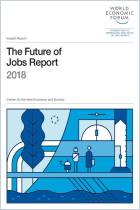
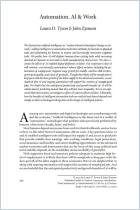
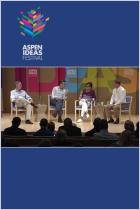
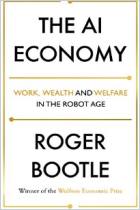





Comment on this summary